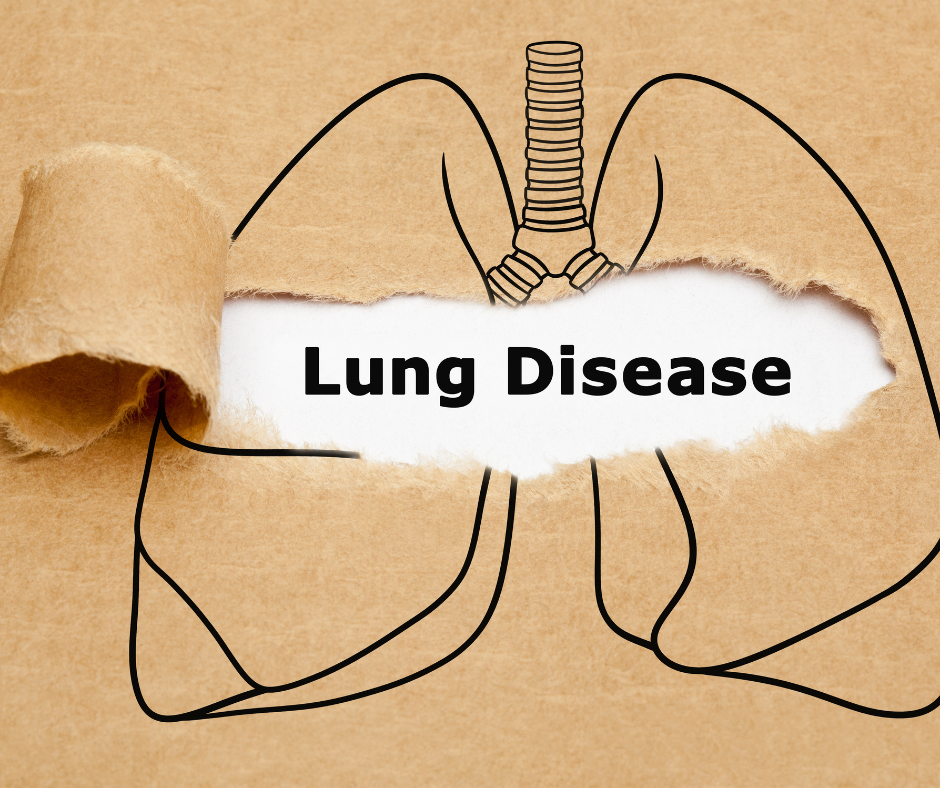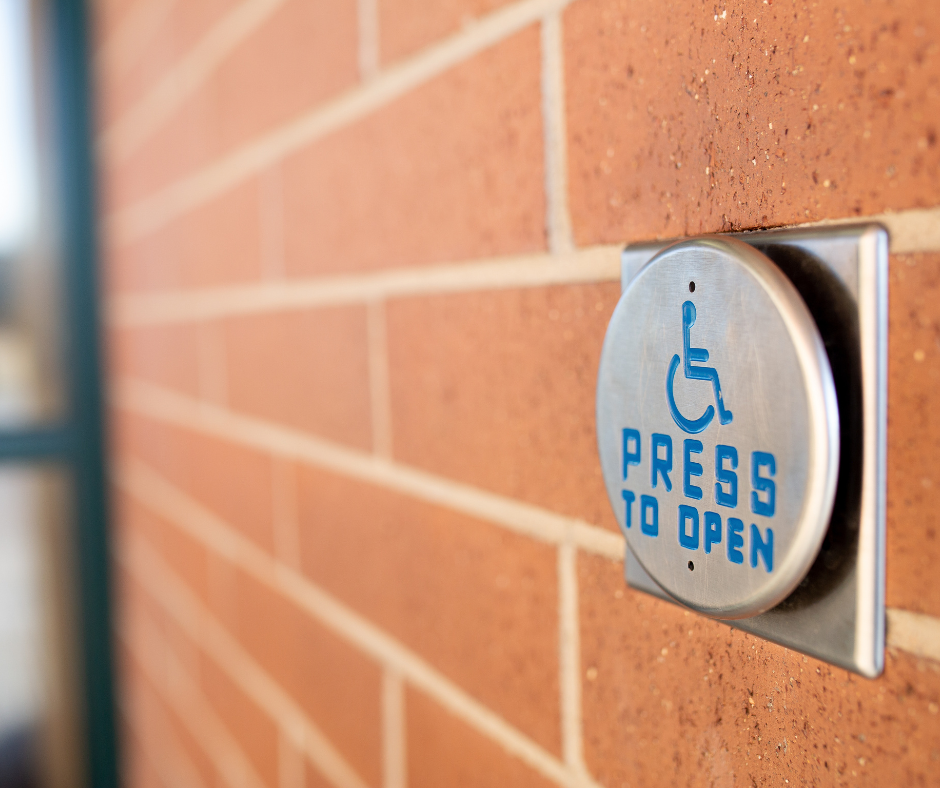Creating in conjunction with Minisode #4 of the AiArthritis Voices 360 Talk Show

When you’re diagnosed with a chronic illness, life as you know it often changes abruptly. The activities, relationships, and routines that once defined you can be disrupted. For many, this transition triggers an identity crisis, something we call the “Who Am I Now?” phenomenon.
Tiffany’s (AiArthritis Founder & CEO) Story:
I was 35, living a fulfilling life in Los Angeles, California. I had a thriving career as Vice President of an architectural firm, a bustling social life, and a passion for sports—whether it was playing volleyball on the beach or kickboxing. But by the age of 37, everything changed.
I started feeling fatigued, had persistent low-grade fevers, and struggled to keep up with my job. Even socializing and maintaining my active lifestyle became daunting tasks. Soon, I was diagnosed with a form of autoimmune arthritis—a condition that gradually forced me to reimagine my life and who I was within it.
Like many facing chronic illness, I felt like I had to grieve the loss of my former self. The energetic person who thrived on long workdays, spontaneous outings with friends, and intense physical activity was suddenly gone. Instead, I was left with questions:
Who am I now? What do I do with this new version of myself that feels so unfamiliar?
You may also feel this way after a diagnosis. It’s like losing pieces of your identity—roles that once defined you—whether it’s your job, relationships, or hobbies. This process of mourning the person you were can leave you feeling disconnected from yourself and confused about how to move forward.
The “Who Am I Now?” Identity Crisis
This crisis of identity isn’t something you can mentally power through with sheer determination. While positivity is important, it’s almost inevitable to experience some level of emotional upheaval when faced with the loss of familiar roles. When your body changes or limitations arise, it’s natural to feel frustrated and defeated.
For example, I once thrived on my athletic ability. I led with my confidence in physical activities, even throwing a mean football on dates. When that part of me was taken away, I had to rethink what I could bring to relationships and friendships. Similarly, adjusting to my limitations at work made me question my value and my place in the professional world.
Evolving, Not Losing
The key turning point in my journey was realizing that I hadn’t lost myself—I was still me, but I had to adjust the roles I associated with my identity. It wasn’t about becoming someone completely new; rather, it was about evolving. I found ways to adapt: I switched my career path to running a nonprofit, something that still utilized my skills but with more flexibility. I continued kickboxing—just without hitting the bag—and threw dinner parties in my pajamas instead of dressing up for nights out.
This shift in perspective was a revelation. I realized that while some aspects of my life had changed, I could still do the things that made me feel like me, just in new and creative ways.
Finding Your New Normal
If you’re grappling with a chronic illness diagnosis, the road to rediscovering yourself may feel overwhelming. However, here are some steps that might help you navigate this shift in identity:
Acknowledge the Loss: It’s okay to grieve the life and roles you’ve had to let go. Give yourself time to process these feelings and understand that they are a natural part of adjusting to a new normal.- Reframe Your Identity: Rather than focusing on what you’ve lost, consider what still remains. What skills or passions can be rechanneled into something new? It’s not about replacing your old self, but about evolving with the circumstances.
- Seek Flexibility: One of the hardest adjustments may be in your professional life. Finding a job or role that accommodates your new limitations without sacrificing your strengths is key. Look for opportunities that offer flexibility, whether it’s remote work, part-time hours, or different ways to contribute.
- Adapt Your Hobbies: You may not be able to engage in your favorite activities in the same way, but that doesn’t mean you have to give them up completely. Explore modifications that allow you to keep doing the things you love. It may take some creativity, but many hobbies can be adapted to fit your new abilities.
- Communicate with Others: Relationships can be tricky when your life changes dramatically. Whether you’re in a relationship or seeking new connections, open communication is essential. Help your loved ones understand your condition and limitations, while also recognizing that you’re still the same person at your core.
- Find Support: Surround yourself with people who understand your journey, whether in person or online. Chronic illness communities can provide invaluable emotional support, shared experiences, and advice on coping with identity shifts.
- Remember Your Worth: Above all, remember that you are not defined solely by what you do. Your essence remains intact even if your roles change. It’s easy to feel anger or sadness toward your illness, but try to focus on how it has helped you evolve into a more resilient and resourceful version of yourself.
Moving Forward with Confidence
Living with a chronic illness doesn’t mean you stop being you. You might not be able to do everything you used to, but by adjusting your roles and finding new ways to express yourself, you can continue to lead a fulfilling life. The “Who Am I Now?” phenomenon is simply a new chapter in your journey, one that you have the strength to navigate. So, as you explore this new version of yourself, remember: you are still wonderful, capable, and evolving every day.
Sign up for our newsletters
International Foundation for AiArthritis
6605 Nottingham Ave.
St. Louis, MO 63109-2661
Tax ID: 27-1214308
Toll Free: 1-877-609-4226
Email: info@AiArthritis.org
Copyright 2024. All rights reserved. Information on this site is intended for informational purposes only Our foundation does not engage in the practice of medicine. Please consult a physician to obtain personal healthcare and treatment options. 501(c) 3 Nonprofit Tax ID: 27-1214308.






